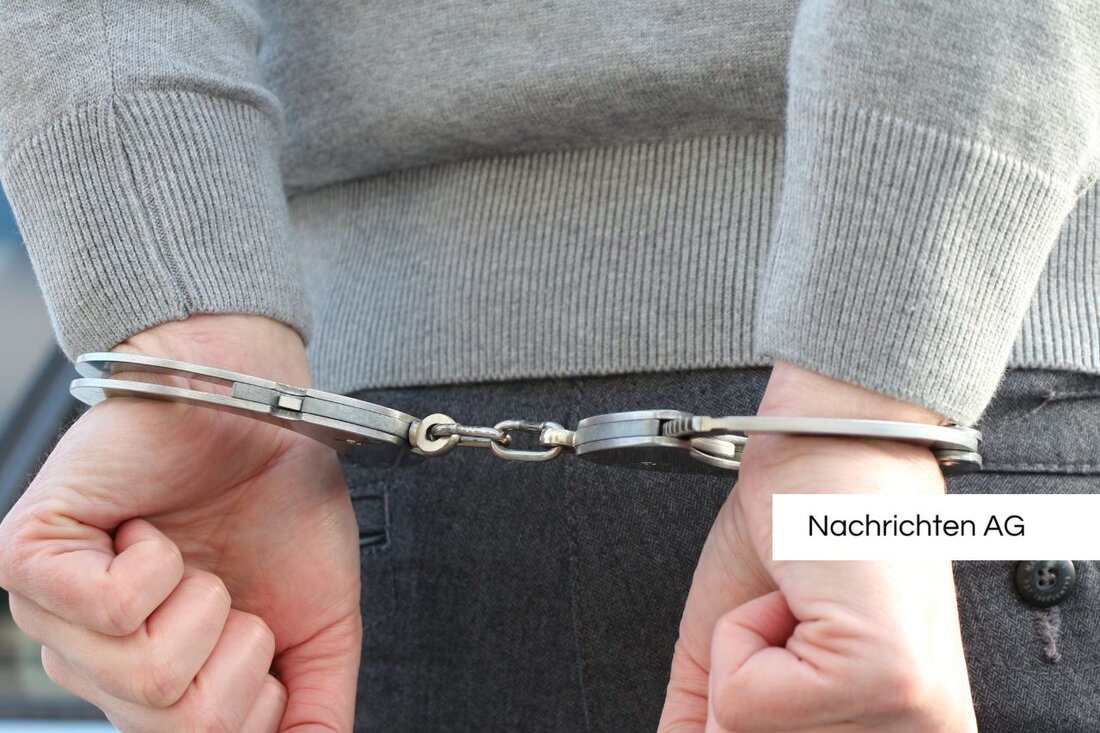Face recognition at Klimmademos: activists in court!
Automated facial recognition at Klimmademonstration in Vienna ensures legal discussions and activist protests.

Face recognition at Klimmademos: activists in court!
The use of automated face recognition in a demonstration in Vienna in March 2023 causes controversy and legal disputes. According to a report by Exxpress.at , several activists were stopped and photographed by the police after refusing to identify themselves. This led to advertisements about resistance to state power, and the NGO Epicenter.Works has filed a complaint with the data protection authority, since the legal basis for these identifications was missing.
During this demonstration against the gas conference, which took place from March 27th to 29th, 2023, almost 140 people were arrested. The violent dissolution of the protests caused allegations of excessive police force, and procedures against numerous demonstrators were initiated. One of the data subjects, an activist named N., was recorded by facial identification, which was only known to the police after request.
legal challenges and concerns
The identification of N. is without clear legal foundations, which caused the NGO Epicenter.Works for a demand for clear rules for the use of facial recognition, especially in political demonstrations. Sebastian Kneidinger from Epicenter.Works warns of a possible abuse of this technology to restrict protests. The European Court of Justice has made it clear that any use of facial recognition is not permitted and that over eight percent of the Austrian population could be affected by such measures.
in France and Germany is also discussed on dealing with facial recognition. In Germany, Interior Minister Nancy Faeser (SPD) has presented a draft law to enable the Federal Police and the Federal Criminal Police Office (BKA) to use AI software to recognize biometric data on the Internet. This draft is a response to the case of the RAF terrorist Daniela Klette, which was identified with the help of facial recognition software after she lived in the underground for 30 years, as Deutschlandfunk reported.
technological developments and data protection concerns
So far, there have been restrictions for the police to use such technologies on the Internet. The new bill would allow the authorities to search the Internet for pictures in order to identify suspicious people. Critics, including representatives of the Greens, express concerns about the rule of law and privacy, while the police urge a quick legal basis for such measures. Data protection authorities in particular criticize the use of services such as pimeyes that collect biometric data from public sources, such as drd-datenschutz.de
The planned changes in the Federal Criminal Police Office Act stipulate that authorities can carry out biometric composing with data from the Internet under certain conditions. However, there are massive concerns about the constitutionality of these regulations that do not have to be approved before. While the interior ministries of the federal states are trying to find the balance between security and data protection, it remains to be seen how the legal framework will develop.

 Suche
Suche
